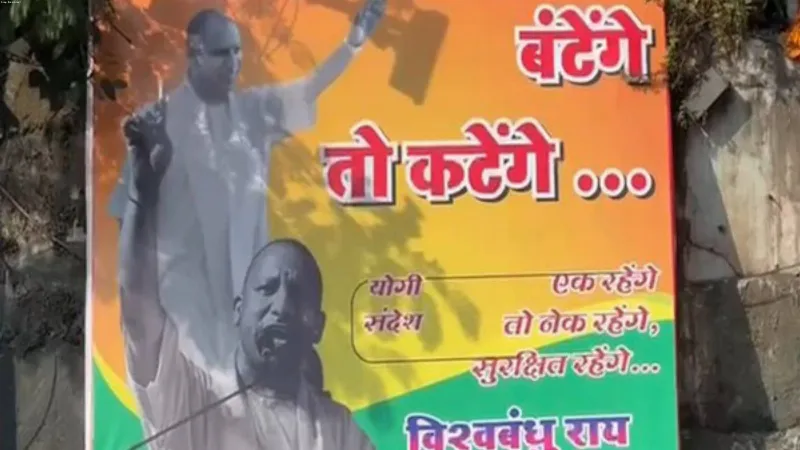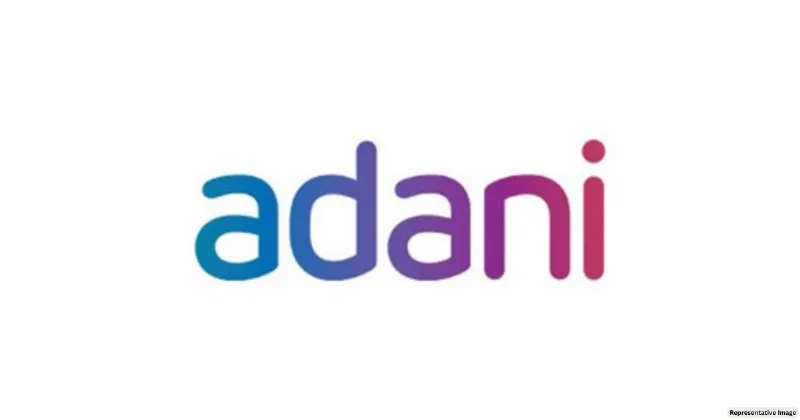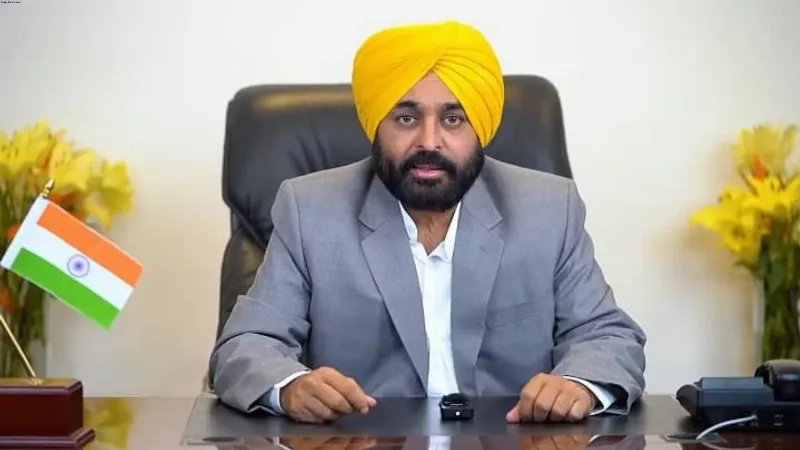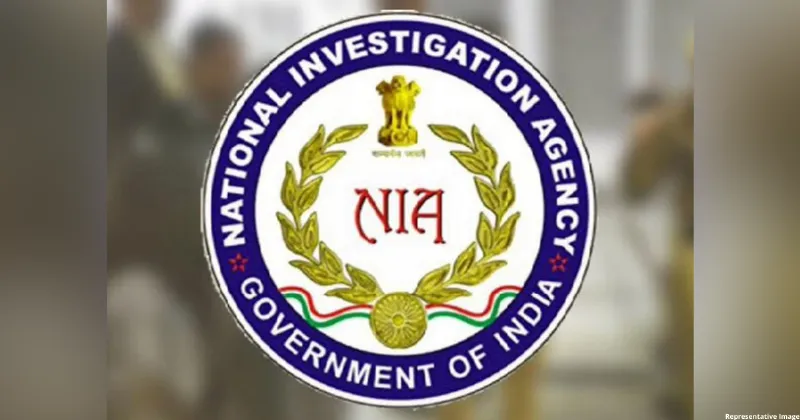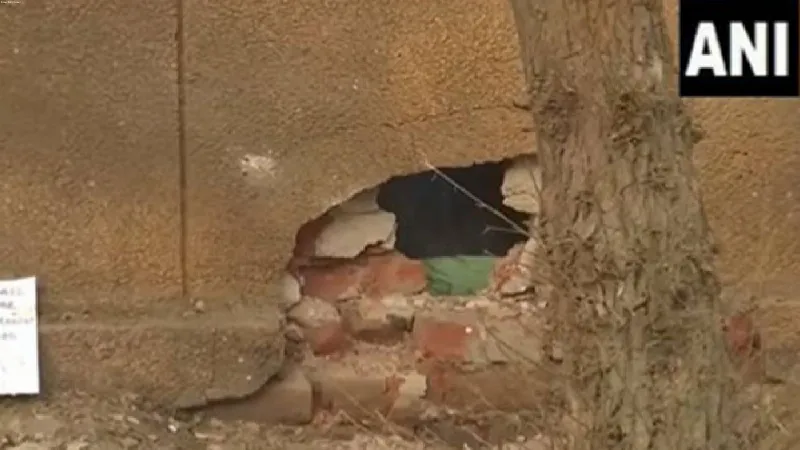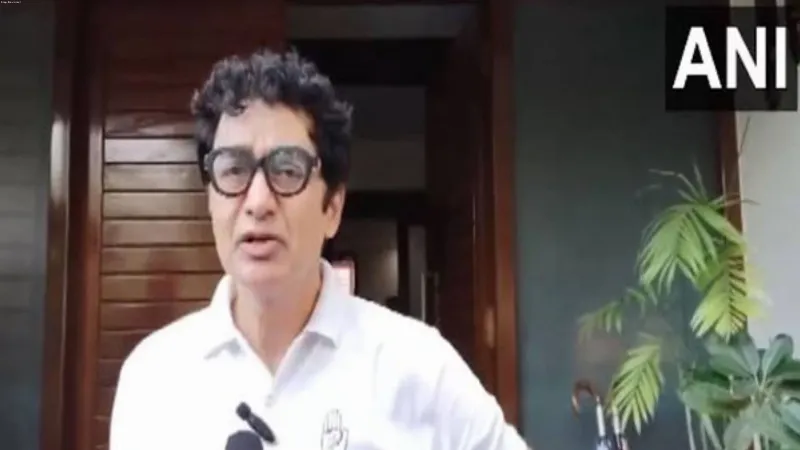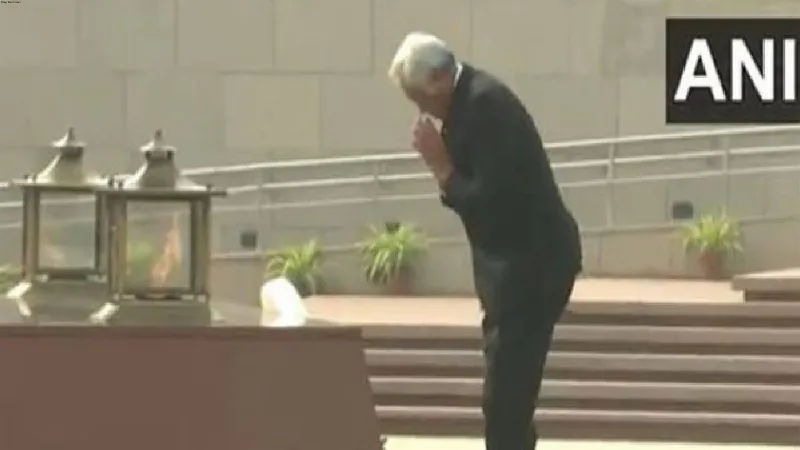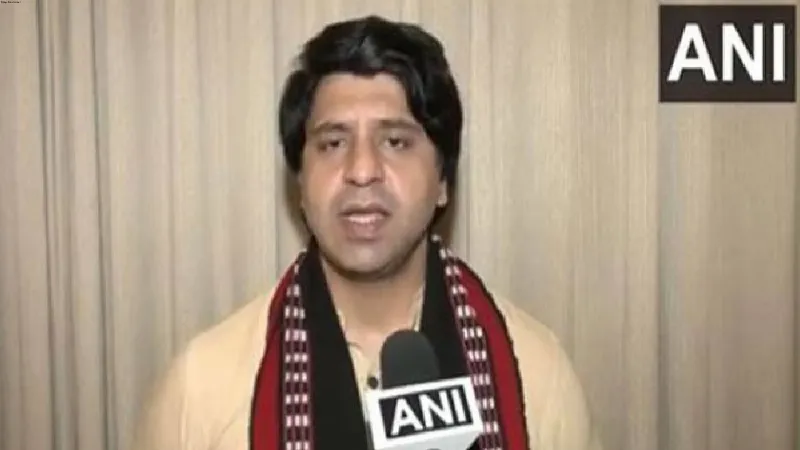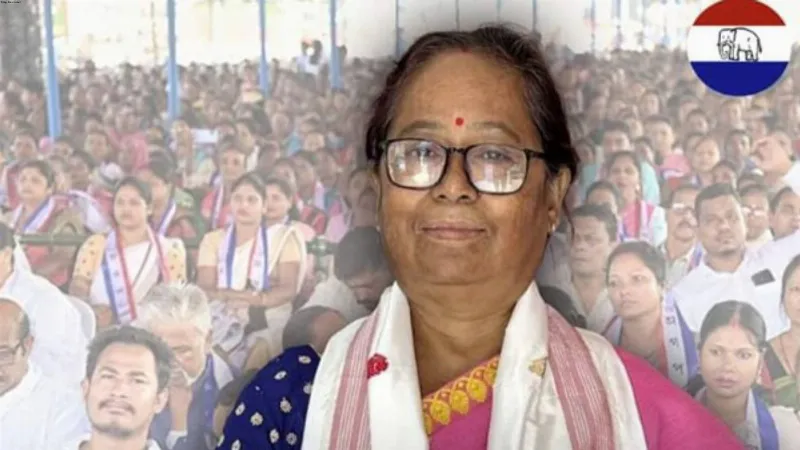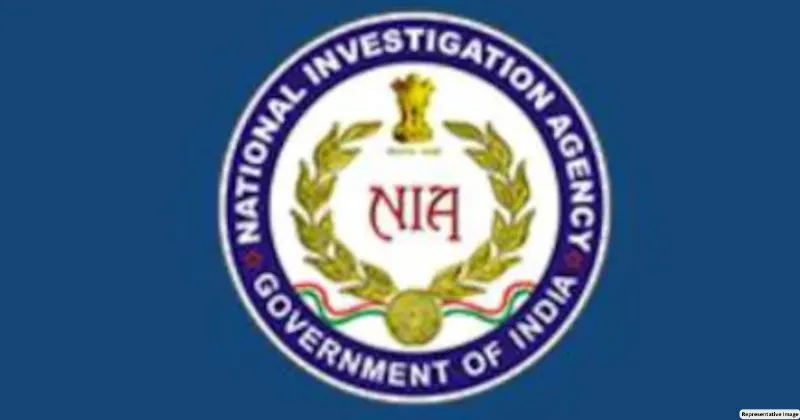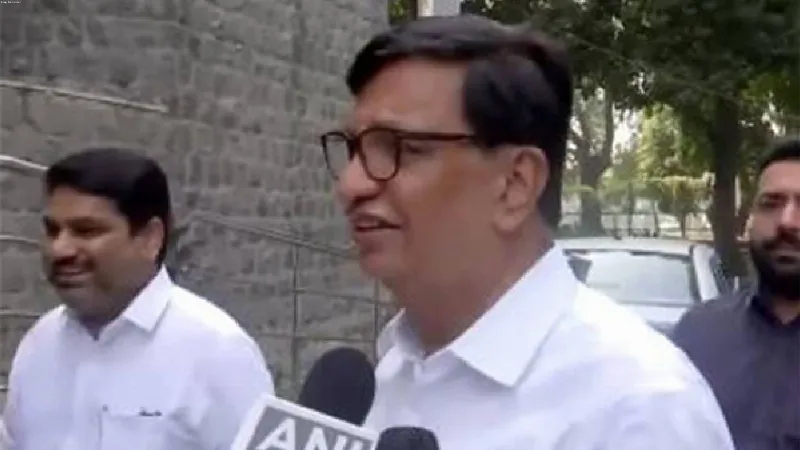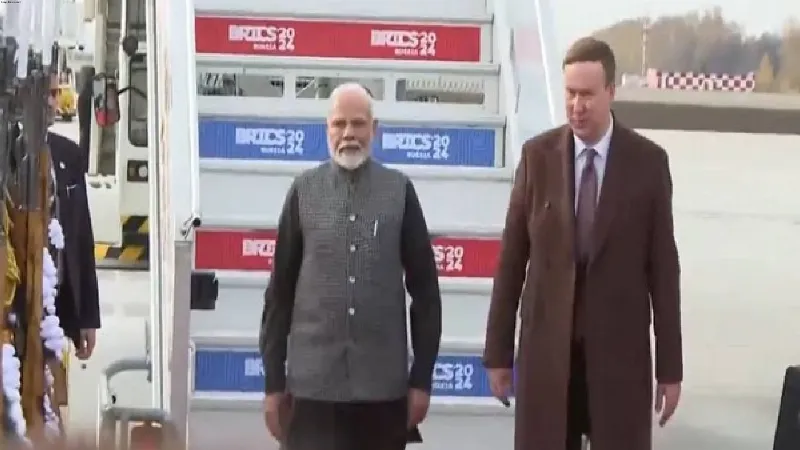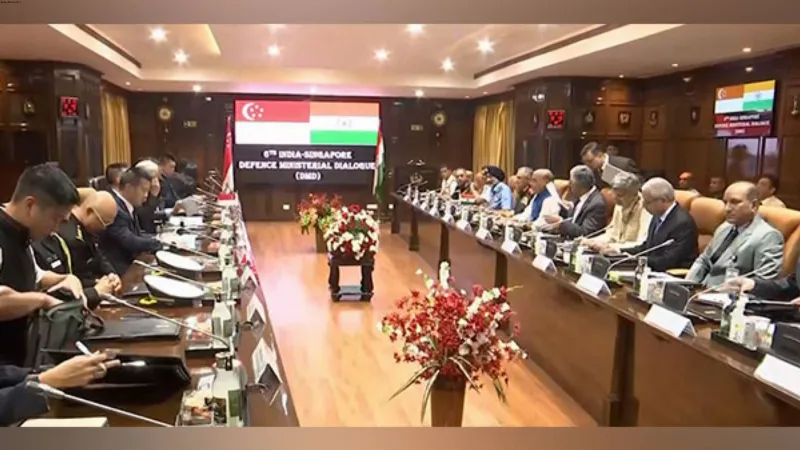Latest News
RAJKOT BECOMES 1st INDIAN CITY TO PILOT URBAN COOLING ACTION PLAN

UNEP Project will bring together municipal departments, relevant agencies for concentrated efforts
Rajkot: The United Nations Environment Programme (UNEP) has chosen Rajkot to become India’s first city to develop an urban cooling action plan to combat extreme heat and bring solutions for sustainable cooling.
ICLEI South Asia, which made the announcement in a tweet on Friday, is a non-governmental organization that works in the sustainability space.
According to its website, it is UNEP’s technical partner for this project. Situated as it is in a semi-arid zone, Rajkot experiences very hot and dry summers.
Increasing urban heat island effects and extreme weather events have led to a growing demand for cooling.
Since concerted efforts are required across sectors, the new project will help to bring together all municipal departments and relevant agencies to develop and implement an integrated urban cooling plan that prioritizes the development of green spaces, energy-efficient buildings, district cooling and other active and passive cooling solutions, officials said.
“A customised methodology is being developed for the city, in partnership with the UNEP-led Cool Coalition, which plans to coordinate and integrate municipality-led action on extreme heat and sustainable cooling,” ICLEI’s website says.
Welcoming the selection, deputy commissioner at the Rajkot Municipal Corporation, Chetan Nandani told First India, “Rajkot has always shown readiness when it comes to adaptability and engagement with projects beneficial to the city and its people.
Our multi-layered response--whether political or bureaucratic- -has always been positive.
This could be one of the reasons why Rajkot has been considered.” Nilesh Prajapati, a Rajkot-based senior project officer of ICLEI South Asia said, “We are preparing a report on existing initiatives, barrier analysis, and solutions for urban cooling for the city, which will give suggestions for the strategic implementation and interventions required at policy levels.
The final report will be submitted to RMC for further review.”

